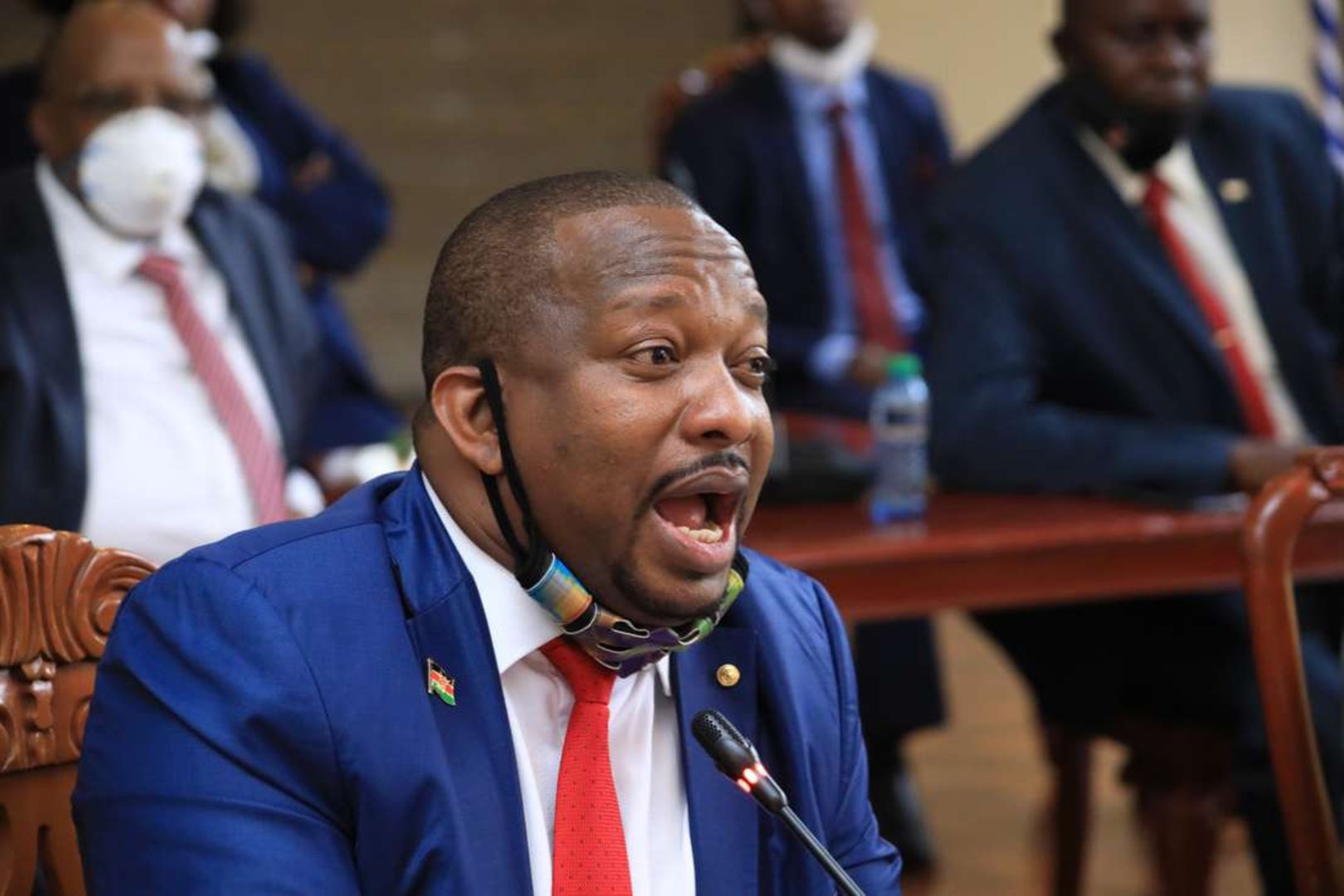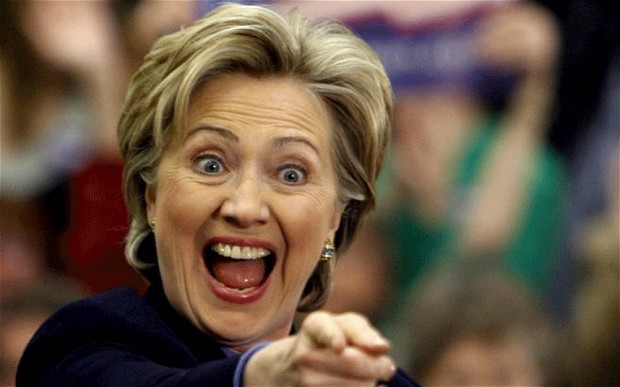Former Deputy President and Democratic Change Party leader Rigathi Gachagua has openly refused to comply with Interior Cabinet Secretary Kipchumba Murkomen’s order to record a statement with the Directorate of Criminal Investigations (DCI).
The directive followed his explosive claims made in the United States, where he linked President William Ruto to alleged connections with Al-Shabaab.
Gachagua insists the matter is now in the hands of the American Senate and says he will cooperate only with them, not Kenyan authorities.
His defiance has reignited deep divisions within the political elite, sparking fierce debates on governance, national image, and the use of terrorism allegations in political battles.

Rift deepens over Ruto-Al-Shabaab Remarks
Gachagua’s statements in the US shook Kenya’s diplomatic circles. While addressing an audience abroad, he claimed President Ruto had ties with Al-Shabaab, a claim that immediately drew sharp condemnation from the government.
Murkomen responded within hours, instructing the DCI to summon the former DP as soon as he set foot in Kenya. However, Gachagua has stood his ground. “I am not talking ill of my country, just speaking the truth. Kenya is a beautiful country with good people, but poor leadership,” he said.
He dismissed Murkomen’s demand as political theatre, accusing the Interior Ministry of hypocrisy. He argued that the government had not initiated any formal investigation into the allegations, making his cooperation unnecessary.
“I saw the Ministry of Interior saying we should be asked to help with the investigations in this matter. We cannot assist in any investigations because the Kenyan government has not initiated any investigations against William Ruto,” he said.
Gachagua’s choice to sidestep Kenya’s legal processes in favour of engaging with US authorities has angered senior officials, who accuse him of undermining national security and tarnishing the country’s image.
Murkomen accuses Gachagua of political opportunism
Speaking at the Keiyo South Economic Empowerment Program on August 9, 2025, Murkomen accused Gachagua of weaponising sensitive security issues for personal gain.
“He thinks that he is going to parade issues of terrorism in America to get votes,” Murkomen said.
The CS claimed that by raising terrorism allegations abroad, Gachagua was seeking to boost his political standing among the Kenyan diaspora. Murkomen insisted that Gachagua must provide details to the DCI about the alleged meetings with Al-Shabaab operatives.
“As soon as he lands in Kenya, he must record a statement to tell us exactly which meetings he is having with terrorists,” Murkomen added.
The government’s position is clear: terrorism allegations cannot be treated as political talking points without supporting evidence. Murkomen has framed Gachagua’s actions as not just reckless but potentially harmful to Kenya’s security partnerships.
Gachagua urges targeted sanctions on Ruto
Despite calls for him to retract his remarks, Gachagua doubled down during his US engagements. He urged the American Senate to avoid punishing Kenya as a whole over alleged Rapid Support Forces (RSF), Al-Shabaab, and China trade links. Instead, he called for sanctions to be aimed at President Ruto personally.
This targeted approach, he argued, would avoid harming ordinary Kenyans while holding leaders accountable. His stance resonates with some human rights advocates who say collective sanctions often hurt citizens more than political elites.
Still, Gachagua’s critics view his move as a calculated attempt to isolate Ruto internationally while strengthening his own political brand ahead of the next election cycle.
Political stakes and public reaction
The fallout from the Ruto-Al-Shabaab remarks has been swift. Opposition figures have largely defended Gachagua’s right to speak freely, framing him as a whistleblower challenging entrenched power.
On the other hand, government allies have accused him of crossing a red line by discussing alleged terrorist links abroad, arguing that such statements can jeopardize Kenya’s security image and scare away investors.
For the public, reactions remain mixed. Some citizens see Gachagua’s defiance as a refreshing break from political conformity, a sign that someone is willing to confront the presidency head-on. Others believe his actions amount to political sabotage, using Kenya’s most sensitive security challenges to score points against a rival.
Broader implications for Kenya’s political climate
The dispute between Murkomen and Gachagua underscores the widening rift within Kenya’s political elite. By refusing to cooperate with the DCI, Gachagua is signalling that he sees little legitimacy in the current administration’s investigative processes. His decision to engage exclusively with US institutions is a bold, and some say risky, move that further internationalizes Kenya’s internal disputes.
If US authorities take up his claims seriously, it could strain diplomatic relations between Nairobi and Washington, potentially affecting trade, security cooperation, and development aid.
Meanwhile, the Kenyan public is left watching a high-stakes political drama where allegations of terrorism have become ammunition in a war for power. The outcome could redefine the rules of political engagement in Kenya, where leaders are increasingly willing to take domestic grievances to foreign platforms.











































